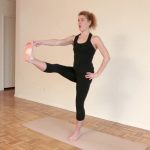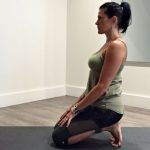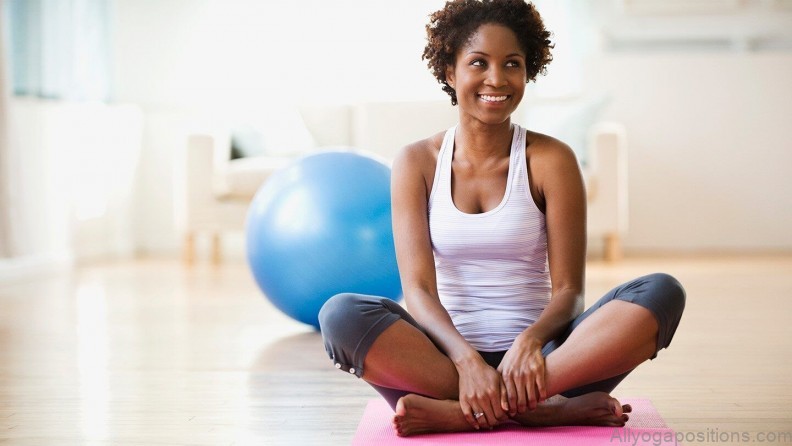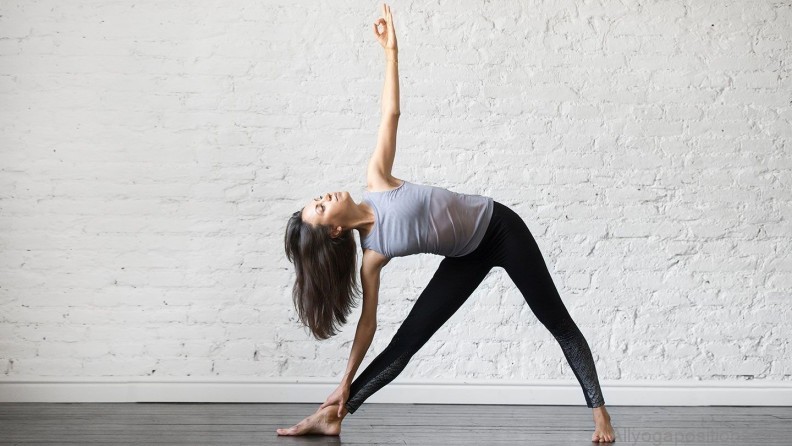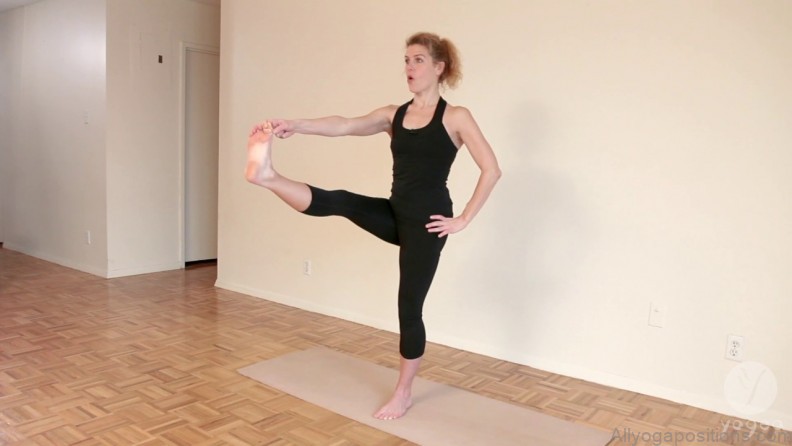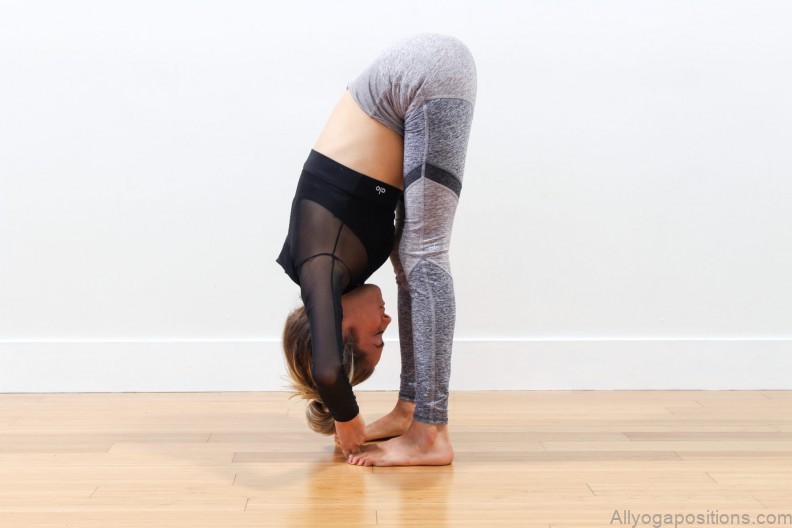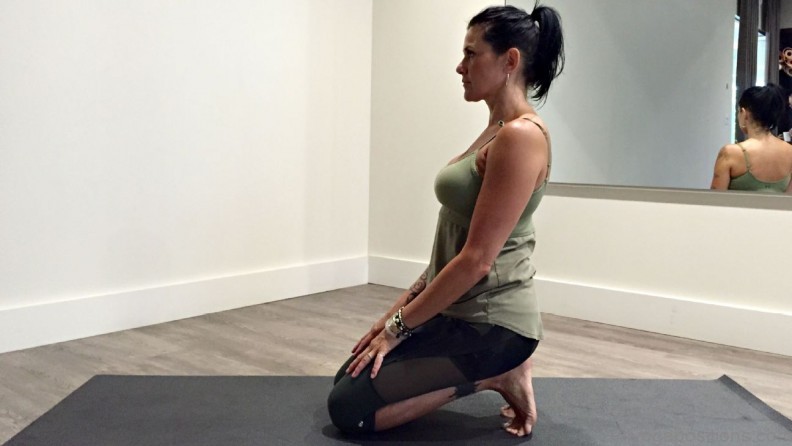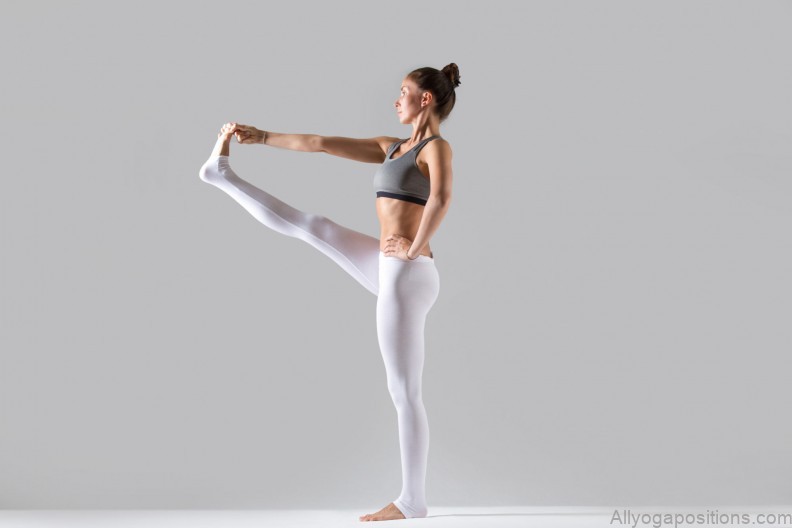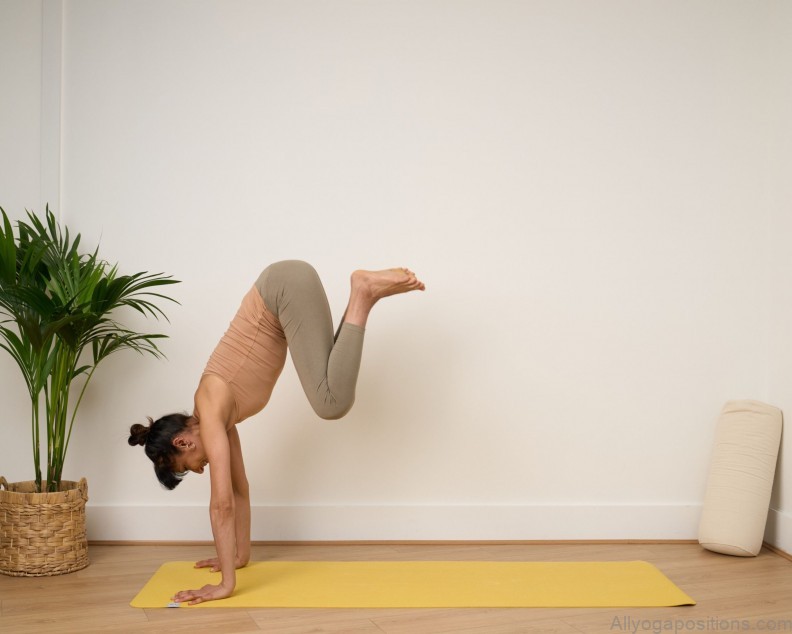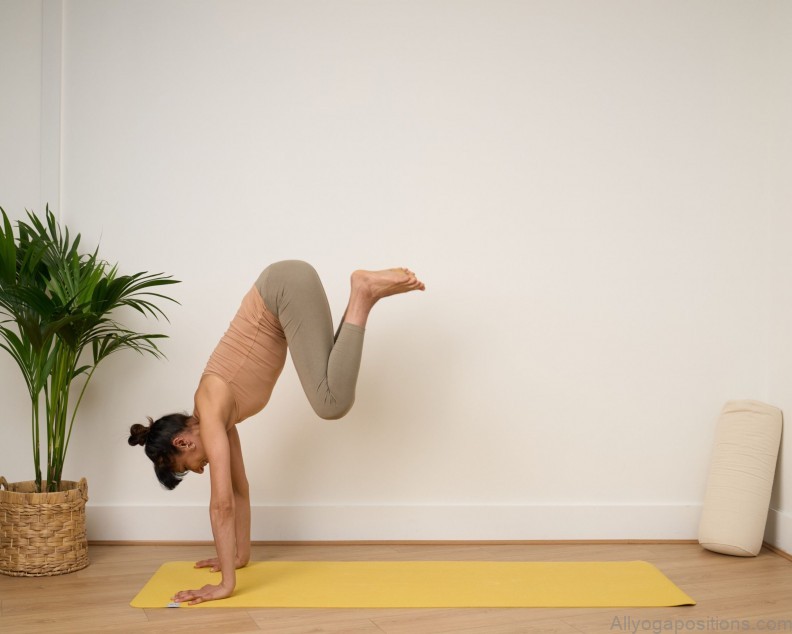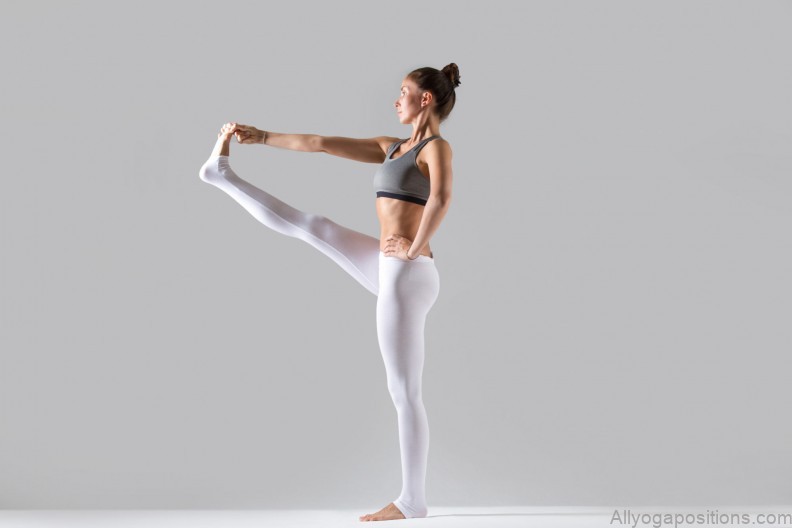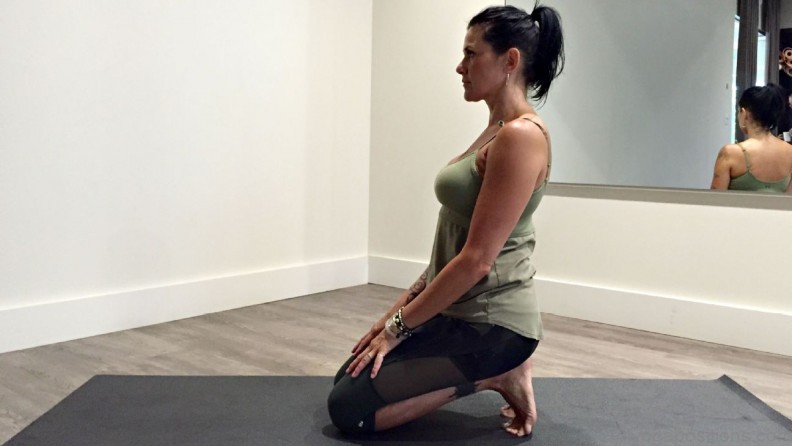In the world of yoga, balancing poses hold a special place. They challenge our physical limits, test our mental concentration, and teach us the art of presence. One such pose that encapsulates all these aspects is the ‘Standing Hand to Big Toe Yoga Pose’, or as it’s known in Sanskrit, “Utthita Hasta Padangusthasana”. Delving deep into its benefits, practices, and variations, this article aims to shed light on this significant pose.
The Foundation of Utthita Hasta Padangusthasana
Understanding the basic alignment is key to mastering this pose. Stand tall with feet hip-width apart. Ground down through your left foot, lift your right knee, and grasp your big toe with your right hand. Extend the right leg forward while keeping the spine erect. The standing foot acts as an anchor, promoting balance and stability.
Unlocking the Power of Balance: The Standing Hand to Big Toe Yoga Pose Photo Gallery
Physical Benefits of the Pose
- Strengthens Core and Lower Body: Holding the leg extended not only engages the quadriceps but also the core, offering an intense workout for the abdominal muscles.
- Enhances Flexibility: Regular practice improves flexibility in the hamstrings and hip flexors.
- Promotes Better Posture: This pose encourages an erect spine, which in the long run, contributes to improved posture.
Mental and Emotional Perks
It’s not just about the physicality; this pose also offers immense mental benefits:
- Boosts Focus and Concentration: Balancing on one foot requires significant mental attention, thus sharpening one’s focus.
- Cultivates Patience: It’s not uncommon to topple over when first attempting this pose. Hence, repeated practice fosters patience and perseverance.
Modifications for Beginners
For those just starting, it’s okay to seek assistance. Some tips include:
- Use a Wall: Stand close to a wall to help maintain balance.
- Use a Strap: If reaching the toe is challenging, loop a strap around the foot to achieve the extended leg position without straining.
Advanced Variations for the Seasoned Yogi
For those who’ve mastered the basics, there’s always room to grow:
- Extend Sideways: Instead of extending the leg forward, try moving it sideways to challenge the oblique muscles.
- Close your Eyes: Removing visual cues significantly raises the difficulty, pushing one to rely entirely on bodily awareness.
In conclusion, the Standing Hand to Big Toe Yoga Pose is more than just an exercise for the body. It’s a testament to one’s balance, strength, flexibility, and mental fortitude. As with any yoga pose, the journey of practice, patience, and persistence is what truly counts.
Table of Contents
Maybe You Like Them Too
- Mastering Virabhadrasana A: The Warrior Pose of Empowerment
- Embracing the Essence of Wide Legged Forward Bend: A Deep Dive
- Unlocking the Power of Prasarita Padottanasana: The Wide-Legged Forward Bend
- The Power and Elegance of the Wide Legged Forward Bend II Yoga Pose
- Mastering the Warrior II Pose: A Deep Dive into Its Benefits and Techniques





